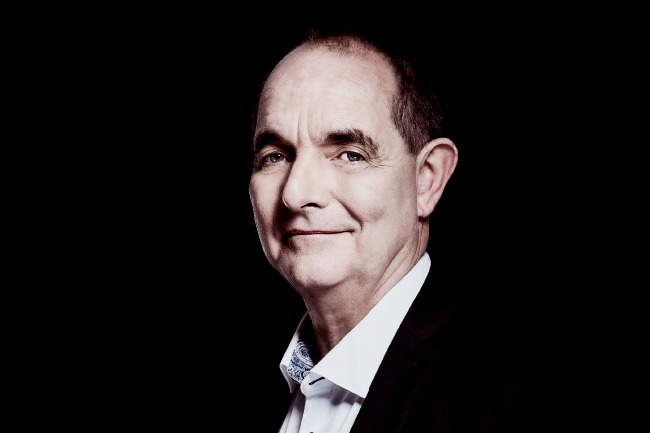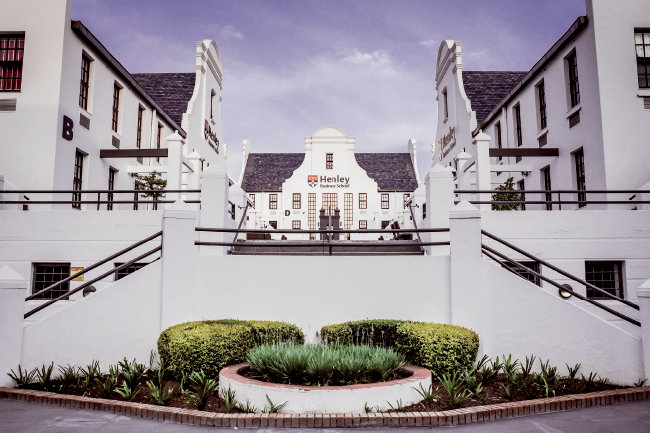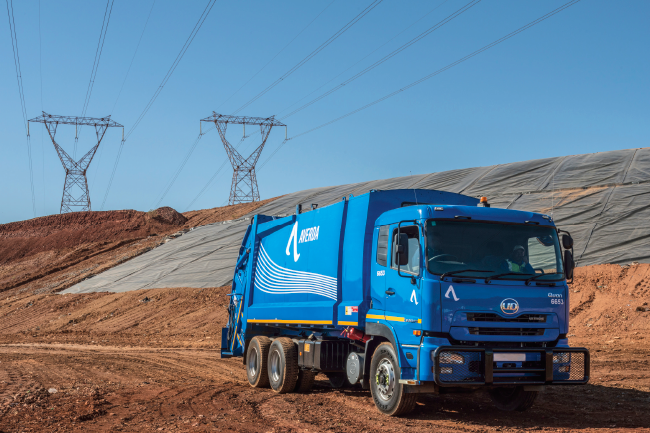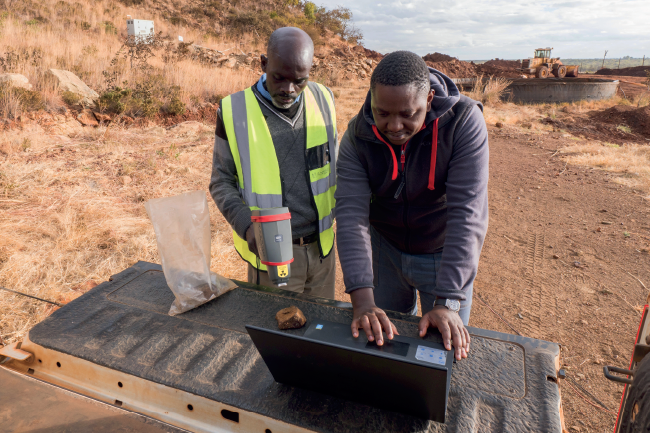This year Henley Business School Africa enrolled 329 students into its MBA programme. It’s the biggest class the school has ever had, so big in fact that it’s been split into five intakes. It’s a far cry from where the school was in 2011 – light years in fact.
Then, Henley Africa was a small, locally accredited operation of an overseas business school, basically delivering its MBA degree. That year 30 students graduated. In 2019 the school will graduate almost 1 000 students across a broad spectrum of internationally accredited qualifications; from the higher certificate in management to the advanced certificate, diploma, post-graduate diploma in management practice and the Master’s in business administration.
When the school started this journey, it depended on the MBA programme for 98% of its revenue. These days the MBA’s portion is down to 30% to 40%, with the balance made up by other programmes, especially its executive education offering, which has grown from nothing into a US$6 million-a-year operation. Today, the school has a total student body of 3 500 students; two-thirds of all Henley MBA students come from its Africa campus and three-quarters of the flexible MBA cohort.
Henley Business School Africa has not only developed from what was in essence a classic business start-up, bootstrapping itself into a fully fledged business school; it has also diversified its offerings.

The school had to do this to properly respond to South Africa’s and indeed Africa’s needs, where not everyone comes to business school after a conventional undergraduate degree and time in management. On the contrary, many students had the requisite experience and ability, but never the opportunity – this had to be created through the school’s unique academic pathway of learning, which can effectively take someone with a school leaver’s certificate all the way to Master’s level, without leaving Henley or, even more importantly, their jobs.
The flexible ‘family-friendly’ MBA was one of the movements the school founded to break the age-old trope of the Marriage Break up Academy, but Henley has played around with the concept of the MBA in other equally important areas, such as introducing a Master’s in business activism – or its mobilising business in action programme. Its MBAid is an outreach to NGOs and NPOs to give them vital management input and prove that business schools can turn their energies to social good and become deeply localised in the process. To date, the school has worked with 350 of these organisations. Henley Africa wanted to change the face of business education too, through constant innovation, immersive learning and corporate activism in a country that is often as equally defined by its inequality as its recent deposed kleptocracy. Henley Africa has gone from 20% female to 42% in its MBA programme and from about 32% black students to 68%.
Its executive education programmes, which didn’t exist when it started eight years ago, comprise 60% women and 80% black students, and is twice the size of the MBA programme. Henley Africa also runs a coaching programme – the Professional Certificate in Coaching as does Henley UK. In addition, it provides the highest number of MBA scholarships – 30 this year – in the whole of Africa, to allow the school to cast its net as widely as possible, to infuse its classes with diversity and reward local heroes, giving them critical skills to become even better and bigger community leaders.
Henley Africa continues to innovate – through Henley #FIRE (Full Immersion Reality Education), #ICE (its school of Innovation Creativity and Entrepreneurship) and now #AIR (African Insight and Research) and #EARTH (Environmental Activism through Research and Training at Henley).

The last two innovations are particularly potent in the African context: land because of its historical connotations of dispossession and its importance now for sustainable growth for all; and research that is not just relevant to the African context but is also sustainable.
As a business school, Henley Africa believes it has to show that it can deliver great value and create new services for a growing client base beyond its students, without being subsidised, exactly as other businesses have to.
Charity always starts at home and Henley Africa practises what it preaches, determined to break the cobbler’s children syndrome where the cobbler’s kids are the only ones without a decent pair of shoes. The school is a passionate supporter of both employment equity and black economic empowerment, contributing to transforming South Africa from its racist exclusionary past. Henley Africa has grown from five staff to 70 full-time and 150 part-time staff. In addition, 68% of its faculty teaching custom programmes are women.
The minimum wage paid at Henley Africa is more than triple the national minimum to ensure everyone receives a living wage; everyone gets medical aid and there’s a staff welfare fund too for those unexpected emergencies. All the staff receive free education. Some have moved from receptionists into programme management and others are now enrolled for their MBAs; or are pursuing a range of programmes from matric to Master’s degrees at other schools and universities, all supported by Henley Africa.
Henley Business School Africa has followed an unprecedented upward trajectory since 2011, a 900% increase in turnover being just one of the markers of this success.
The real success story is how this former little agency has developed into a stand-alone, fully functional multidisciplinary business school with its own quality assurance and teaching and learning committees allowing the parent organisation to have less detailed involvement but with a far more intense British-based quality-assurance overview, coupled with the excellent quality assurance from the South African Council on Higher Education.
It’s a source of great joy to all at Henley Africa – how well its students do in the blindly assessed externally moderated MBA examinations. Its student body is at least 70% black and at least 50% women; and the South African MBA students do as well or better than the British or Germans. In fact, their marks are as good as anyone’s in the world, which means that what Henley has in South Africa is contrary to the enduring mythologies of the colonisation of the mind and that one is no good.
Eight years after this journey began, perhaps what is most interesting is how from its colonial and British roots, Henley has become emancipated as a fully-fledged, full-service business school in its own right, assertively decolonised to provide the best possible business education to as many as possible to build the South African economy.
Tel: +27 (0)11 808 0860
[email protected]
www.henleysa.ac.za ∞














